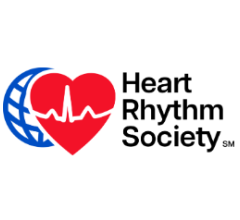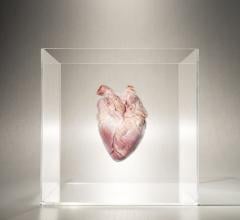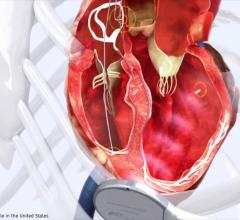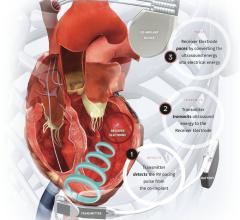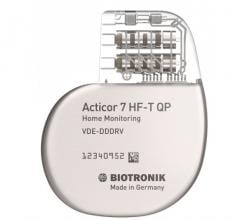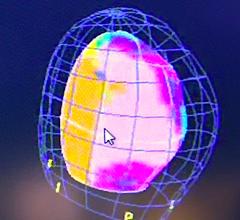Feb. 7, 2007 — Cardiologists at the University of Mississippi Medical Center are pioneering the use of an implanted, state-of-the-art cardiac resynchronization therapy device (CRT) that employs radio frequency technology to monitor the cardiovascular status of heart failure patients from their homes.
UMC cardiologists can connect with patients directly and get up-to-the-second information about their heart status from miles away. The physicians can also use the remote monitoring device to automatically obtain and record precise blood pressure and weight measurements.
The integrated system includes four main parts: the wireless-enabled implantable device, an in-home monitoring unit that automatically reads and transmits information from the implanted device upon physician request; a secure Web site that provides around-the-clock access to patient data collected by the communicator; and a wireless programmer. A weight scale and blood pressure monitor are optional components.
"Keeping heart failure patients feeling well and physically active is a major challenge," said Dr. John P. Payne, UMC associate professor of medicine and director of the Medical Center's adult heart rhythm service. "Considerable time and effort of health care providers is required, adding to the already high cost of care. Heart failure patients must make frequent clinic visits to stay out of the hospital.
"For a rural state like Mississippi, home monitoring of heart failure patients can reduce the need for frequent long distance travel. This is a way of extending the care delivered at the office to the patients on a real-time basis as they really need it."
Doctors at UMC have implanted more than 40 CRTs within the last 12 months, according to Dr. Payne. He said there are a number of home monitoring systems available for patients with implantable heart rhythm devices, including resynchronization devices for improving heart pumping action in patients with heart failure, defibrillators which protect patients from potentially dangerous fast heart rhythms, and pacemakers which treat a slow heart beat. He said information relayed remotely to the health care provider may include heart rhythm changes, device malfunction and fluid retention in the lungs.
For more information visit www.umcnews.com


 July 21, 2025
July 21, 2025 
